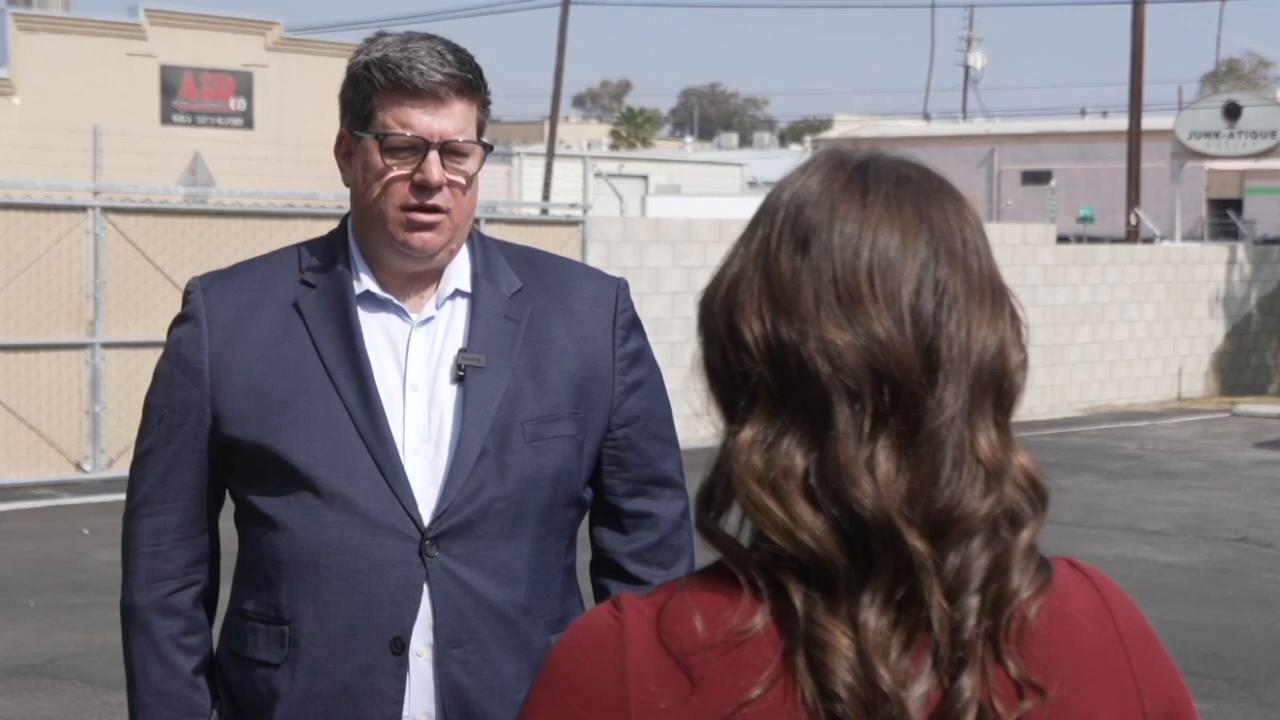BAKERSFIELD, Calif. (KERO) — California’s oil industry is preparing for a potential rebound as new permitting changes give Kern County more control over local drilling. Industry leaders say the shift could help bring back hundreds of jobs and boost local production, but they warn that the state’s shrinking number of oil refineries still poses major challenges.
California Independent Petroleum Association CEO Rock Zierman said the state currently has eight operational refineries producing gasoline, diesel and jet fuel. But two are set to close — including Phillips 66’s Los Angeles-area refinery, which is scheduled to begin shutting down this month, and Valero’s Benicia refinery, which is also preparing to cease operations. Together, the two facilities account for roughly 20% of California’s gasoline supply.
“We used to have over 40 in the 1980s,” Zierman said. “So as you become dependent on fewer and fewer refineries, that means importing refined fuel.”
The remarks came following a Bakersfield oil summit attended by more than 100 local oil producers, county officials and state regulators. Zierman said the meeting focused on how to restart production as Kern County prepares to take over permitting authority from the state — a transition he called “years in the making.”
“We really honed in on all of the issues that we face to get production online,” he said. “And I think they’re a very willing partner right now to make that happen.”
Even with local control, Zierman said California’s refineries remain a major bottleneck in the state’s energy chain.
“We have to get our product to market,” he said. “So we need the permit, we got to produce the oil. But once it’s produced, our only customers are California-based refineries — and they, unfortunately, have been closing.”
Zierman said increasing local production could help lower costs and keep more dollars in Kern County, where more than 80% of California’s oil is already produced.
“Foreign imports are typically $5 to $7 more per barrel than local production,” he said. “So the refineries want to have local production — and that helps keep gasoline prices down.”
He also argued that California’s oil producers follow some of the strictest environmental regulations in the world, making local drilling a cleaner alternative to importing fuel.
“When we produce crude locally, we abide by all the rules and regulations,” Zierman said. “And we do it much more environmentally friendly.”
Zierman emphasized that for the industry to stabilize, California’s remaining refineries will need long-term certainty from the state to continue operating. Without it, he warned, the state could see more closures, increased reliance on foreign oil, and even higher gas prices for consumers.
Stay in Touch with Us Anytime, Anywhere:



